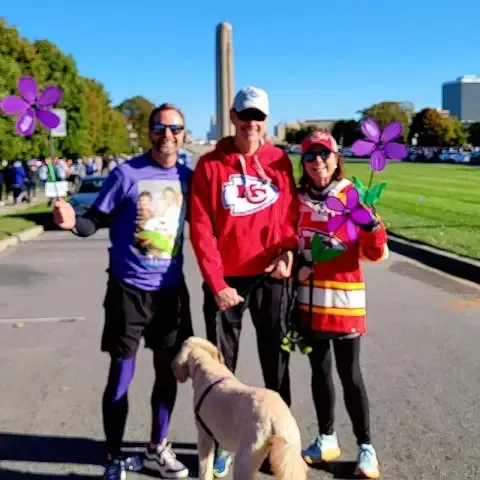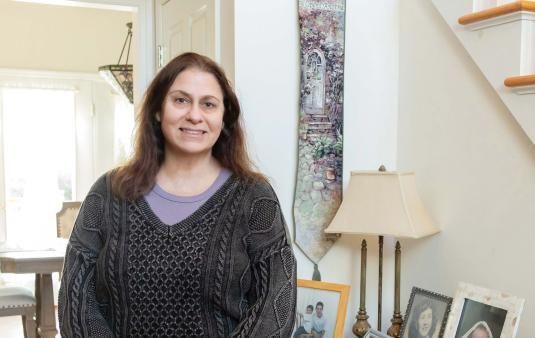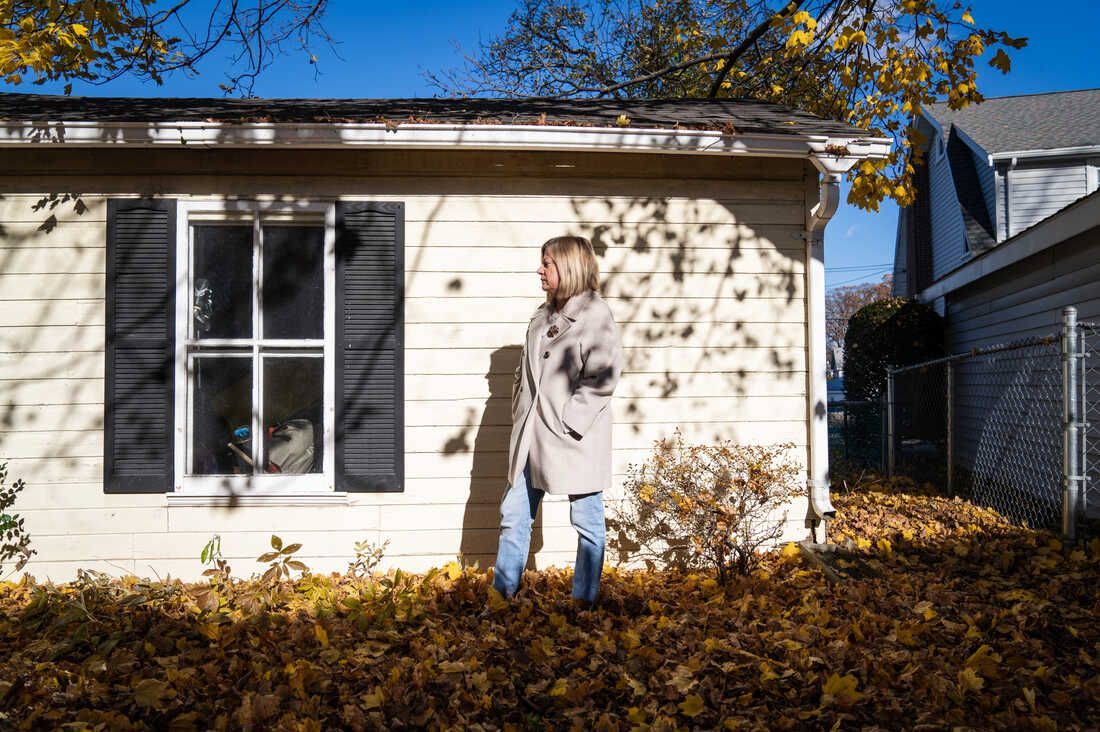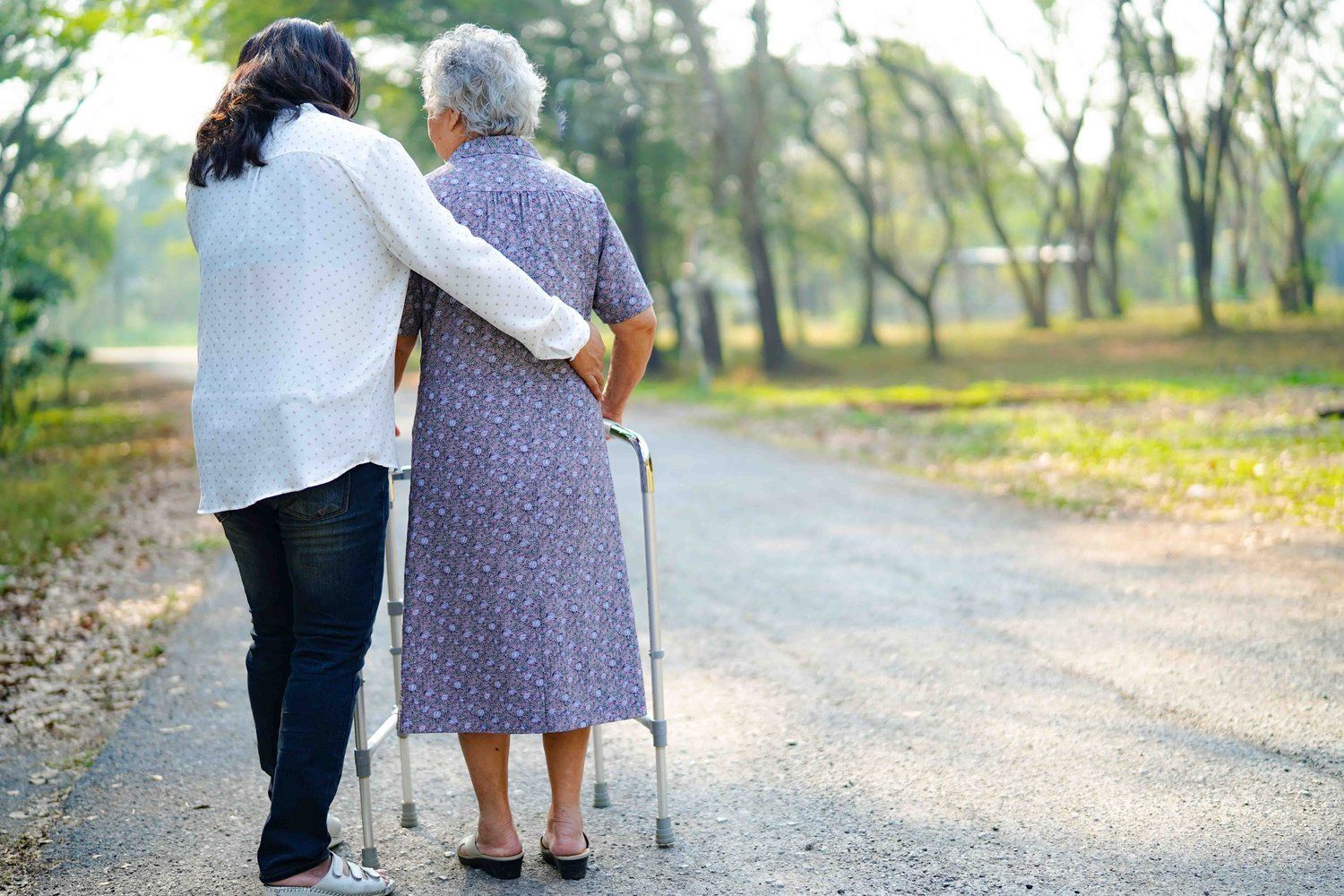The Importance of Socialization for Seniors: A comparison between Community Living vs. Aging In Place.
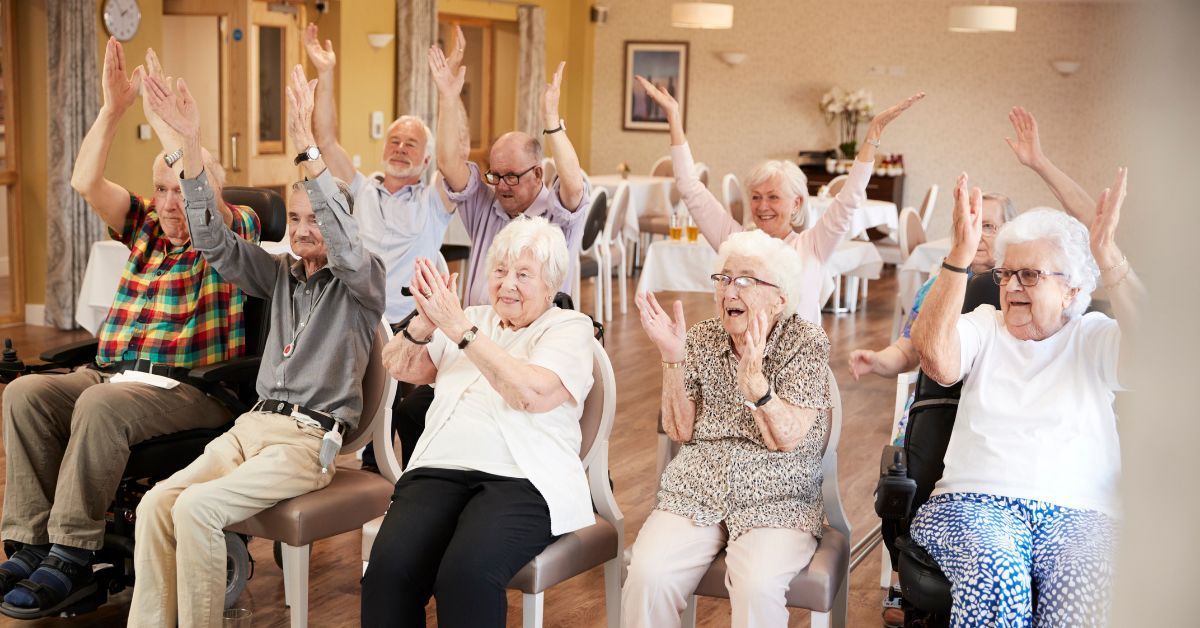
The Importance of Socialization for Seniors
As people age, social connections and interactions become increasingly important for maintaining both mental and physical health. For most people, being around other people and engaging in social activities can significantly enhance their quality of life. This is especially true for seniors. In contrast, living at home, oftentimes alone, can lead to feelings of isolation and loneliness, which can negatively impact overall well-being. Here’s a closer look at the benefits of socialization for seniors and how community living can foster a healthier and happier life.
Mental Health Benefits of Socialization
Reduced Risk of Depression and Anxiety
Isolation and loneliness are major risk factors for depression and anxiety among seniors, according to
this study conducted by the
National Institute of Health. Regular social interactions can help combat these feelings by providing emotional support and a sense of belonging. Engaging in conversations, sharing experiences, and participating in group activities can uplift moods and reduce feelings of loneliness.
Cognitive Health
In a
study led by Ruixue Zhaoyang, assistant research professor of the Center for Healthy Aging at Penn State, it was found that social engagement is linked to better cognitive function and a lower risk of cognitive decline. Activities that stimulate the mind, such as games, discussions, and learning new skills, are often part of senior living communities. These activities help keep the brain active, potentially delaying the onset of dementia and other cognitive impairments.
Emotional Support
Being part of a community helps to build a strong support network. Seniors can share their worries and joys with peers who understand their experiences. The formation of bonds among people that interact with regularity has been shown to increase overall emotional wellbeing, the feeling of being understood and supported, and a feeling of belonging and purpose. This emotional support can lead to greater life satisfaction and a more positive outlook on life.
Physical Health Benefits of Socialization
Increased Physical Activity
Many senior living communities offer structured exercise programs and physical activities, such as yoga, dancing, and walking clubs. Participating in these activities with others can be motivating and fun, helping seniors stay physically active and healthy. Having someone to share the activity with makes it more likely to become part of a regular routine and often makes it more enjoyable as well!
Better Nutrition
Shared meals in community dining areas encourage better eating habits. Often, as we age, our appetites, oral health, and digestive patterns change, causing eating to become a chore. This often leads to seniors eating quick repetitive meals such as buttered saltine crackers or cereal. Seniors who dine with others are more likely to consume nutritious, balanced meals compared to those who eat alone. Having a culinary department dedicated to creating a varied menu offers seniors more options with less effort so that they can build a healthy diet that meets their needs and satisfies their tastebuds. Social dining can also make mealtimes more enjoyable and less of a chore.
Enhanced Immune Function
Maybe you have heard the old adage of “An apple a day keeps the doctor away!” As it turns out, a friendly conversation, a shared joke, or a warm embrace can also keep the doctor away. Studies have shown that social interactions offer a boost to the immune system. Regular socialization helps reduce stress and increases oxytocin,dopamine and serotonin, the ‘feel good’ chemicals in our brain, which in turn can enhance immune function and improve the body’s ability to fight off illnesses.
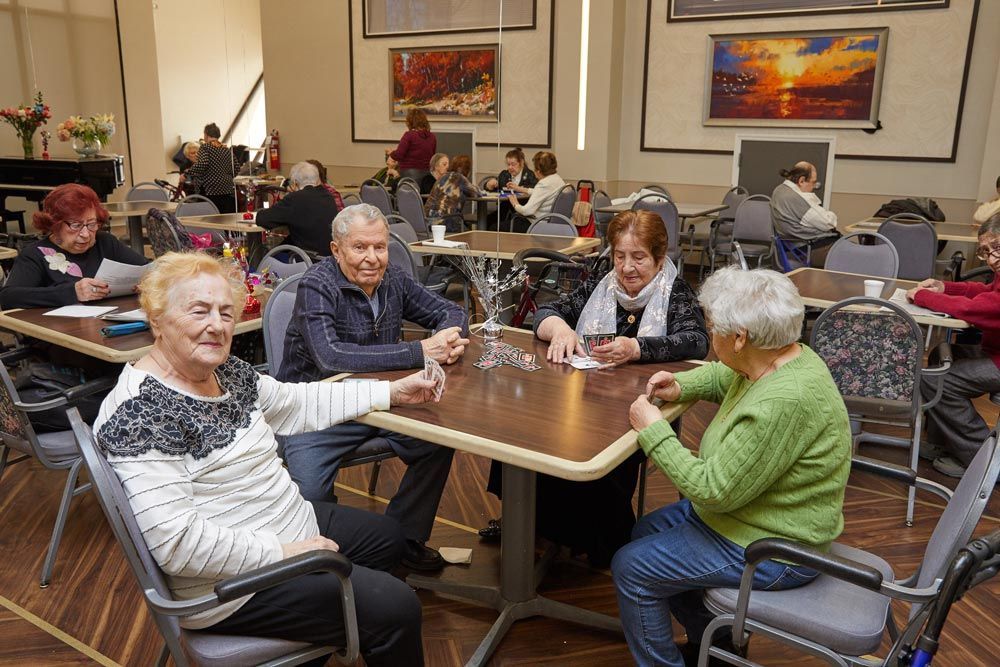
Benefits of Community Living for Seniors
Opportunities for Socialization
Senior living communities are designed to promote social interaction. They offer a variety of activities and events, such as group outings, arts and crafts, games, and educational classes, providing numerous opportunities for residents to socialize and build friendships.
Sense of Belonging
Living within a community fosters a sense of belonging and inclusion. Seniors can form meaningful relationships with their neighbors and staff, creating a supportive and caring environment. This sense of community can significantly improve mental well-being and reduce feelings of isolation.
Accessible Healthcare
Many senior living communities provide on-site healthcare services and regular health check-ups. This ensures that seniors have easy access to medical care and can receive timely treatment when needed. The presence of healthcare professionals also provides peace of mind for both residents and their families.
Safety and Security
Community living offers enhanced safety and security. With 24-hour staff and emergency response systems in place, seniors are less likely to experience accidents or medical emergencies without assistance. Should they require help, trained providers are there right away to offer assistance. This creates a safer living environment compared to living alone at home.
The Conclusion is Clear
The benefits of socialization for seniors are clear. Seniors who have prioritized socialization see improved mental health, better physical health, and a higher quality of life. Community living offers a structured environment that encourages social interactions, supports physical activity, and provides emotional support; all of which are crucial for the well-being of seniors. By fostering connections and creating a sense of community, senior living environments can help seniors lead healthier, happier lives, making the transition from living alone at home to community living a valuable and worthwhile consideration for families.







